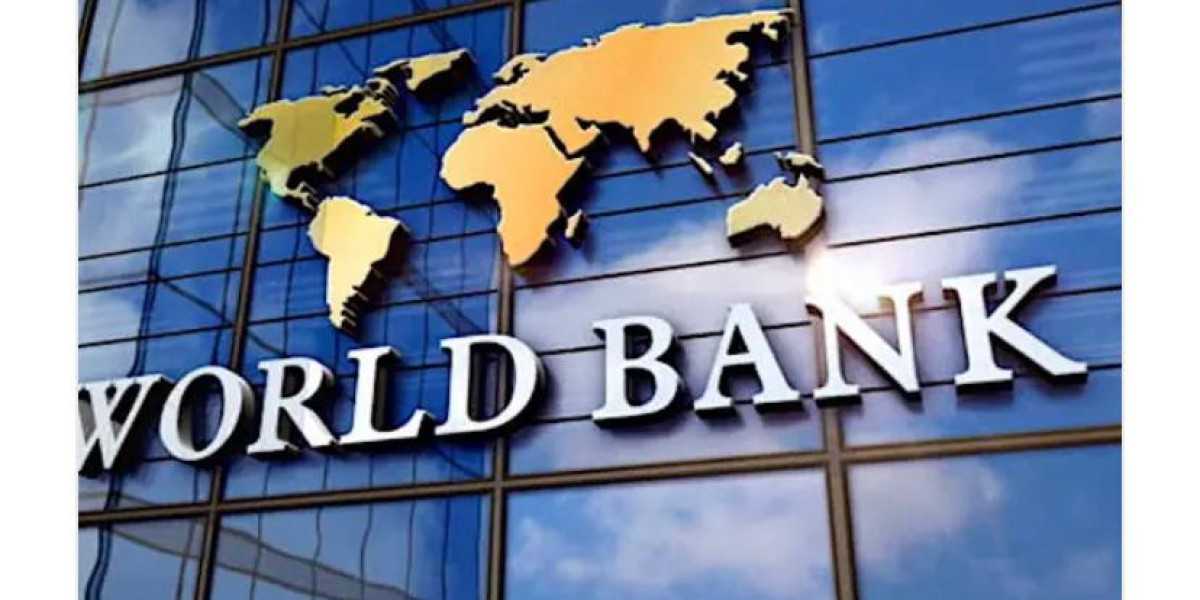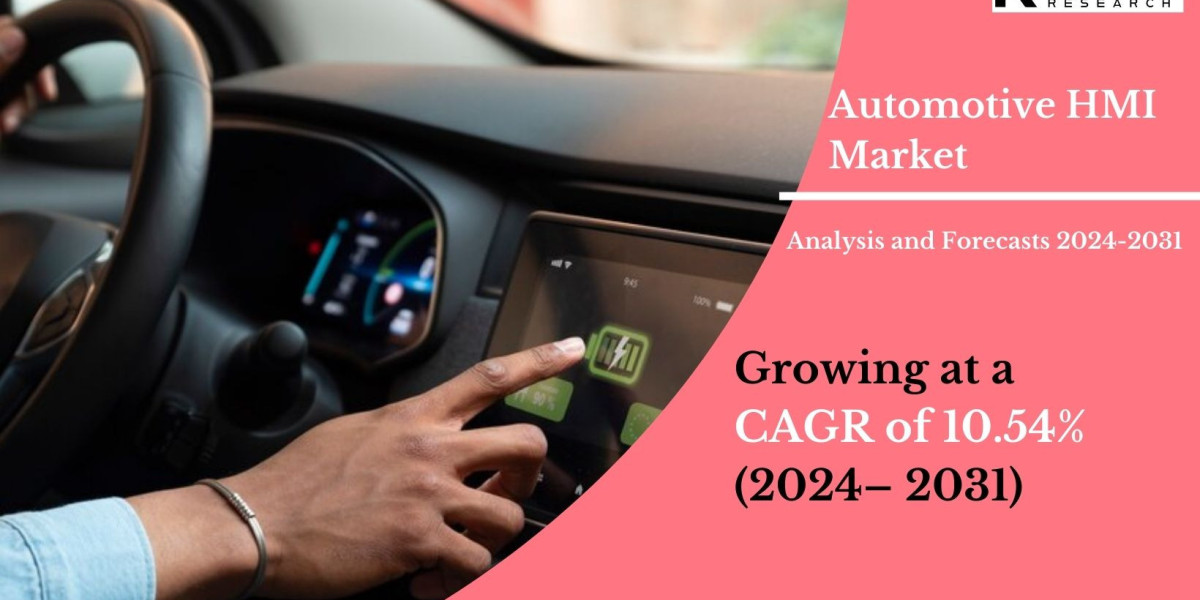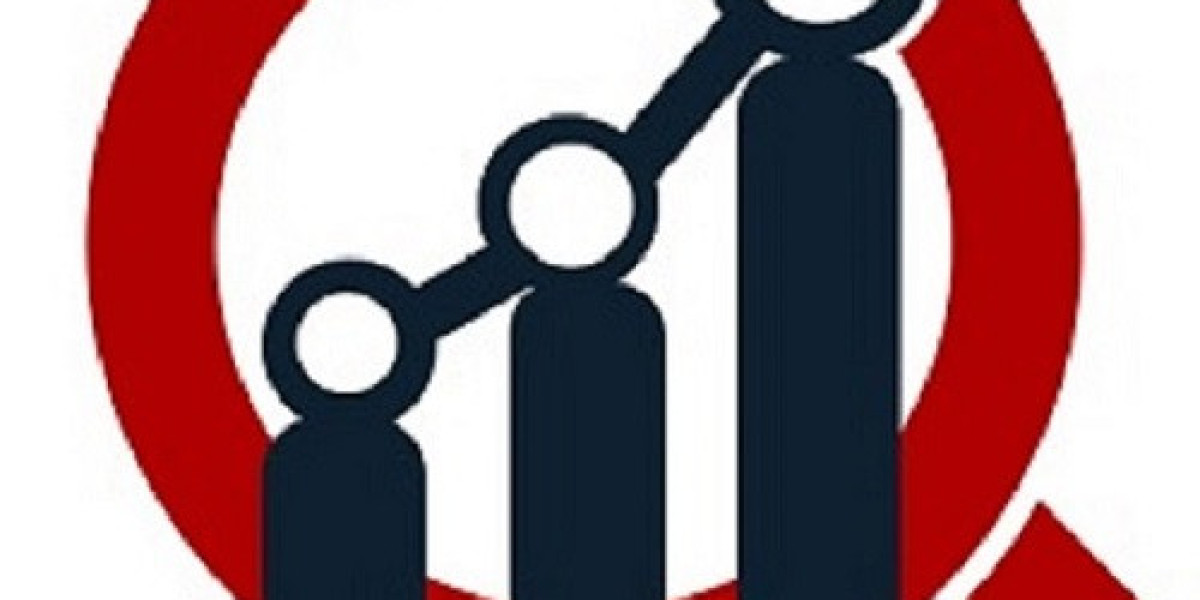The World Bank has forecasted a rebound in growth for African economies, projecting an increase from 2.6 percent in 2023 to 3.4 percent in 2024 and further to 3.8 percent in 2025. This prediction was made in the latest Africa’s Pulse Report released by the World Bank on Tuesday. The report highlights that the economic recovery in Sub-Saharan Africa is being driven by increased private consumption and a decline in inflation.
However, the report also cautions that the recovery remains fragile due to uncertain global economic conditions, growing debt service obligations, frequent natural disasters, and escalating conflict and violence. Despite inflation cooling across most economies, it remains relatively high compared to pre-COVID-19 pandemic levels. Additionally, although the growth of public debt is slowing, over half of African governments face external liquidity problems and unsustainable debt burdens.
The report emphasizes that while there is a projected boost in growth, the pace of economic expansion in the region still lags behind the growth rate of the previous decade, which is insufficient to significantly impact poverty reduction. Structural inequality is cited as a key factor hindering poverty reduction in Sub-Saharan Africa compared to other regions.
Andrew Dabalen, World Bank Chief Economist for Africa, underscores the challenges, noting that per capita GDP growth of one percent in the region is associated with a minimal reduction in extreme poverty, emphasizing the need for policies to expand the productive capacity of the private sector to create more and better jobs.
The report also highlights shrinking external resources to meet the financing needs of African governments, along with rising costs. Political instability and geopolitical tensions further weigh on economic activity and may exacerbate food insecurity for millions of people affected by conflict and climate shocks.
Inequality in Sub-Saharan Africa is among the highest globally, with disparities in access to basic services and income-generating activities. The report calls for policy actions to foster stronger and more equitable growth, including restoring macroeconomic stability, promoting intergenerational mobility, supporting market access, and ensuring fiscal policies do not disproportionately burden the poor.
Naijamatta is a social networking site,
download Naijamatta from Google play store or visit www.naijamatta.com to register. You can post, comment, do voice and video call, join and open group, go live etc. Join Naijamatta family, the Green app.
Click To Download


